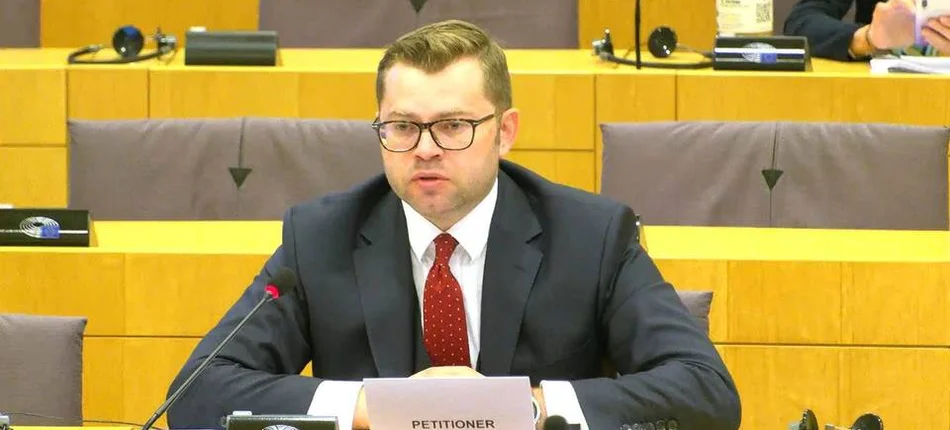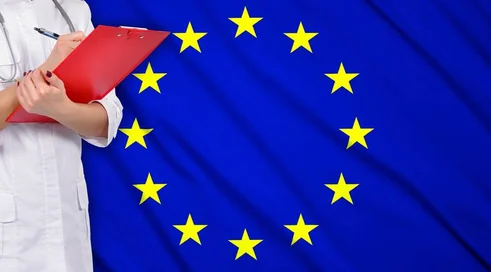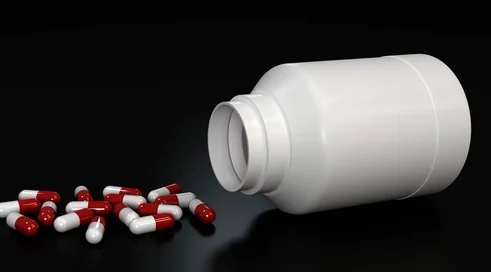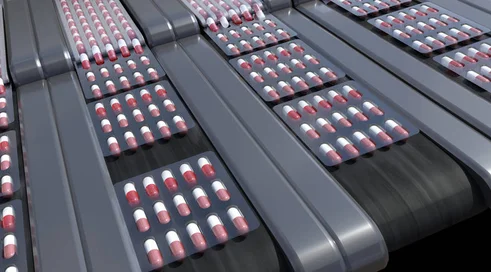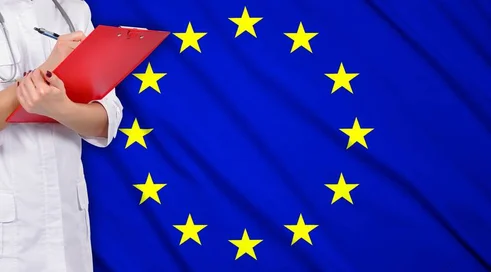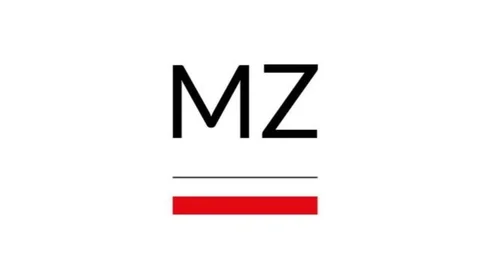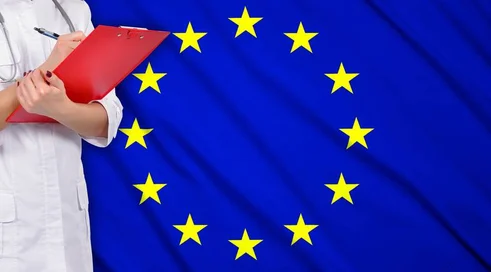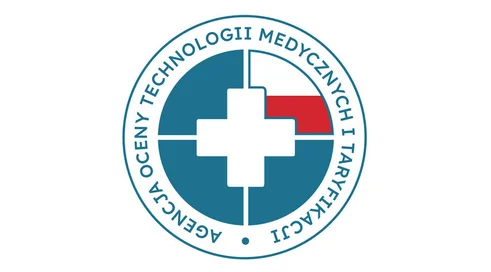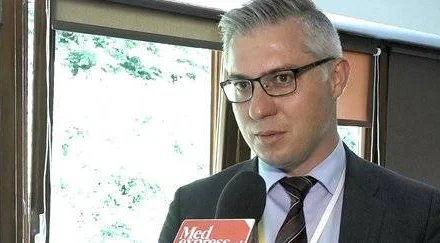The SARS-CoV-2 pandemic has shown that due to downtime in factories and disruptions in global transport, and due to increased demand for pharmaceuticals around the world, there may be a shortage of pharmaceuticals. Meanwhile, long-term shortages of life-saving drugs can cause greater losses among the population than many armed conflicts.
G. Rychwalski pointed out that the production of substances for the production of drugs in Europe will always be more expensive than in Asia, and drugs made of these substances will cost more. - This price difference is at the cost of drug safety, i.e. the guarantee of drug supplies even in crisis situations, which we have to bear. Hence the need for EU bodies to develop mechanisms to support the production capacity of pharmaceutical substances, he appealed.
He point...
Content locked
To gain access to the complete English section of the Medexpress.pl, kindly reach out to us at [email protected].




